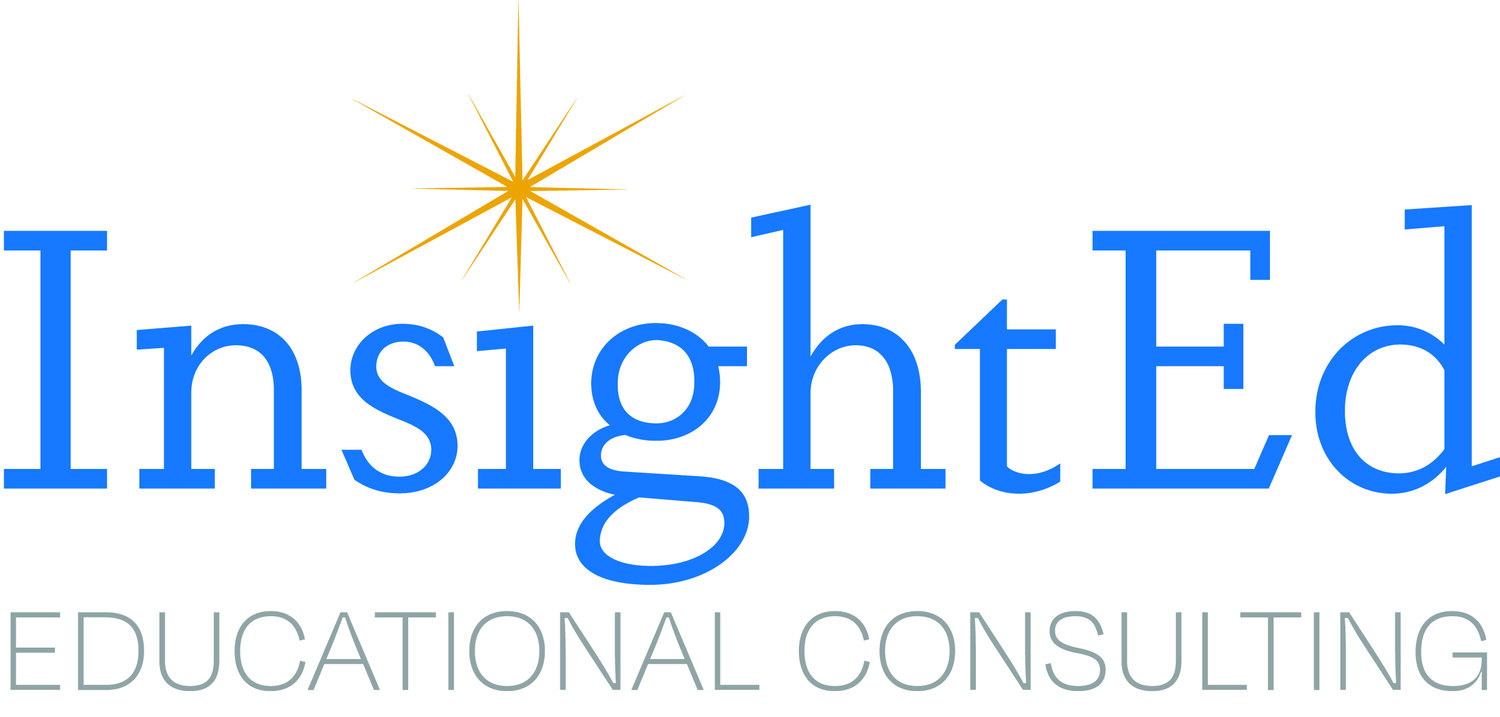Using Reflection to Tame the MCAT
The MCAT can loom like an ogre for students applying to medical school. Science GPA and MCAT score are the two most important features of an application, determining in large part whether a student does or doesn’t get in to pursue their dreams. So it’s not surprising that often students ask me to suggest tutoring companies to help them prepare. What is surprising is that there aren’t more choices.
So I was very happy to find Helica Learning Experience, an unique kind of MCAT test-prep company after my own heart. Why? Because in addition to academic content, they also help students reflect on themselves as learners. Along with studying the three science sections and CARS (Critical Analysis and Reasoning Skills), students learn to study their own minds, enabling them to optimize study time and test-day performance. Drawing from a variety of disciplines including mindfulness, Helica gives students multiple tools to tame the ogre.
Recently I had the pleasure of speaking with Mandy Siglin, PhD, Co-Founder and Principal Consultant at Helica.
Ilene: When we first spoke, Mandy, you said you have three areas of learning objectives for students. Can you please explain what those are?
Mandy: Sure! The cognitive objectives are what we traditionally think of as our academic learning goals, mastering the content needed for the MCAT. Non-cognitive are things that contribute to academic success that we often ignore. They might be our emotional state, our perceived self-efficacy, our level of focus, our stamina for the day. Meta-cognitive is active reflection, such as self-monitoring or your ability to hold yourself accountable, and also reflecting about the learning process. They are all intertwined. But we like to highlight how all three of those absolutely affect the learning process for everyone.
Ilene: Can you say more about how the three factors affect learning?
Mandy: Cognitive is the hard, repetitive work you do, whether it’s for the MCAT, other academics, sports, theater, and so on. But we all know that sometimes we put in the hard work and then underperform when it counts. That is the effect of the non-cognitive factors. The meta-cognitive, for us at Helica, becomes an intentional part of the learning process. By choosing to pause and reflect on the process, we can make small changes to let us move forward in the way that we want. Reflecting helps our students succeed on the MCAT and also in medical school.
Ilene: That sounds a lot like what I think of as mindfulness.
Mandy: We draw on techniques from a number of different disciplines, including mindfulness, that studies show can improve students’ focus and performance. As a scientist and educator, I use methods that are proven to work.
Ilene: How did you come to develop your perspective, which seems to me unique in test-prep?
Mandy: Before Helica I was director of a pre-health program at a small liberal arts college. My job there was to prepare students for health-related graduate programs. But so often I felt crippled, because of students who I knew could succeed academically, but would get in their own way. Sometimes that was imposter syndrome, or overcommitting, or choosing not to challenge themselves – there are many ways. I began looking for additional tools to help with these non-cognitive aspects of preparation, so these students could see that success was possible. Eventually I left the college and brought my skills and perspective to co-founding Helica.
You can contact Mandy Siglin and her partner, Owen Farcy, at https://www.helicalx.com/contact
